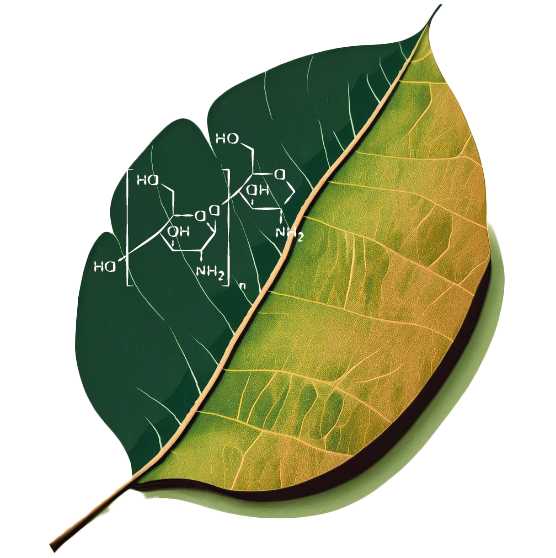______________
Deciphering the molecular pathways and codeχ-specificity of stomatal closure – from model plants to crops

About the Project
Chitosan, known as a microorganism-associated molecular pattern (MAMP), has long been recognized by plants as an immune response trigger. However, recent investigations have highlighted its role as a stomatal closure agonist, presenting a novel approach to safeguarding crops during short drought periods. Stomata, the small pores found on the underside of leaves, play a crucial role in CO2 uptake and transpiration. Even so, these pores also create a potential vulnerability, as they can serve as entry points for pathogenic microbes. Consequently, regulating the stomatal aperture by the surrounding guard cells is critical for plant survival. Achieving effective stomatal closure necessitates the integration of internal and external signals. Striking the right balance between preventing pathogen entry and conserving water while avoiding metabolic disruptions remains challenging. Chitosan has shown promise in inducing artificial stomatal closure. Its solubility makes it highly efficient, particularly when applied as a solution. Notably, we have observed distinct differences between chitosan and chitin perception in guard cells, offering the potential for targeted stomatal closure without unnecessary activation of plant defense mechanisms that could compromise overall plant fitness.
Despite chitosan’s established use in agriculture, a comprehensive understanding of its precise perception mechanisms and downstream signaling pathways remains elusive. This knowledge gap hinders the synthesis of biologically active chitosans tailored to specific plant responses. Thus, this research focuses on unraveling chitosan perception and its receptor specificity for diverse chitosan codes. By gaining deeper insights into the mysteries of chitosan and its intricate communication with plants, we envision significant opportunities for crop improvement. Harnessing this knowledge could fortify crop resilience, enabling plants to withstand challenging environmental conditions more effectively. The potential impact of chitosan on global agriculture appears promising. A better understanding of its applications could pave the way for sustainable food security and enhanced agricultural productivity.



